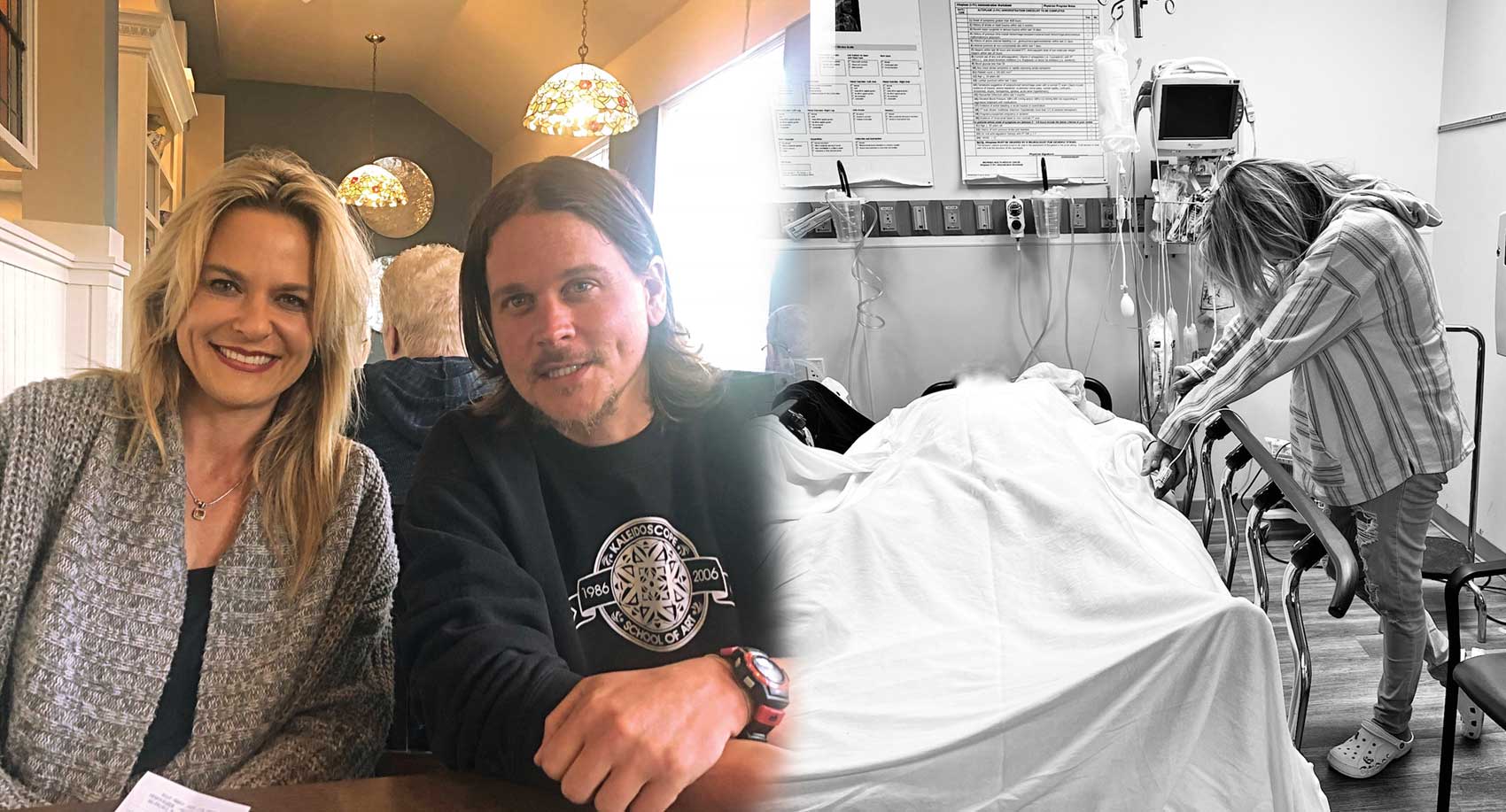The CDC reports that in 2023 the US has entered an overdose epidemic. Police and first responders are horrified and heartbroken at the situations they come across on a daily basis. One south Florida firefighter described, “It’s horrible watching these families see their loved ones suffer through this.“
Some experts observe that we are treating these addicts as criminals, instead of treating their issue as a disease, which it is. Addiction is a disease. Professionals have pointed out that we are spending far more dollars on incarcerating the “criminals“ (drug users) than we are for treating the disease called addiction.
Heather Palacios is a Coral Springs resident and wife of a local pastor. She and her younger brother, Chris, battled thoughts of suicide throughout their lives. Heather likens their relationship as a relay race, where they both passed the baton back-and-forth as they battled their thoughts of self harm. When Chris was younger, he started doing a lot of drugs, and his parents asked him to leave their home. Through that experience, he ended up living with a charitable (or so he thought) man that ended up raping him at knife point, and the spiral down continued from there.
Heather and Chris both continued their battles, but Chris’ was complicated more by his drug use. She tells us, “We both wanted to make it to the finish line! We had been doing this together for so long. When I was weak, I would pass the baton to him, and he would be strong; and, vice versa.” She takes a pensive breath before she continues, “October 2022… It was a normal day, and I saw that a chaplain was trying to reach me. I figured he was going to tell me about someone in the halfway house program who had died, because we would do the funeral together.“ The person who had died was her 39-year-old brother Chris, and Heather was despondent.
In 2017, the U.S. spent more than $3 1/2 billion treating addiction, and spent more than five times that amount paying for the criminal justice of addicts. Heather and other leaders would like to see that change. She says, “Locally, I’d like to see us help addicts with the same dignity we help citizens with other diseases. The caveat with addicts is, we need boundaries. Yes, they are sick with addiction AND they still have the same value, and the same hope as all of us.“ She continues, “We don’t need to enable them, we don’t need to stereotype them, we don’t need to lose our own lives trying to save them, yet we DO need to dignify the environments of their treatment, and treat them through the lens of ‘I believe in you.’“
Still out there fighting for others, Heather reflects on life after loss. She says, “As for me, losing Chris has been yet another battle for suicide, myself. The notions of failure and helplessness have been my biggest tests. But by faith, I am choosing to live one day at a time, and sometimes one hour at a time. Living my life, sharing our story to encourage others to keep living theirs. Because one more suicide is one too many.“
To sponsor a LifeBox for someone or to make a LifeBox donation in honor of someone, see www.Wondherful.com


